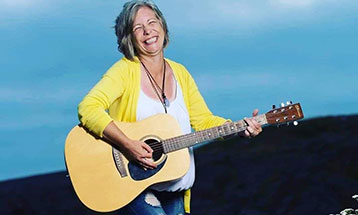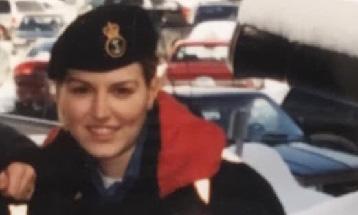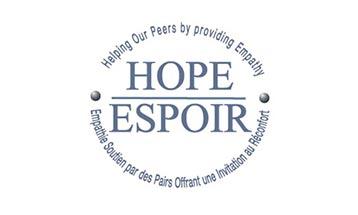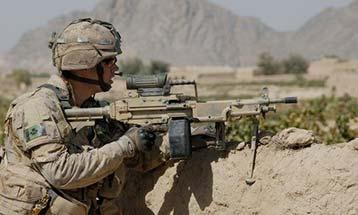When Private (ret’d) Grace Shears left the military in 1992 she says she was trying to leave an abusive relationship, she was drinking heavily, very sick with IBS, and Crohn’s disease as her mental health was unravelling.
The Gulf War was about to begin, and the military was offering packages.
“When I was offered that honorable discharge I said, ‘yes I am out of here,” she said.
“I had to get out of there.”
Shears was sick and needed help, but she didn’t think of herself as Veteran.
“I never served overseas, I did admin,” she said.
“I was pushing all my trauma down. I was lost.”
Her military service, which began in 1989 at CFB Cornwallis where she eventually became a member of the Canadian Forces Personnel Applied Research Unit in Toronto in 1990. She says her service was marred by sexual harassment and abuse.
“I was a large breasted woman and that became everything from the moment I was at the recruiting office, really, from right on through basic training,” she said.
Her alcoholism got worse throughout her time in the military: “I was a full-blown alcoholic and fireman carried from the mess hall drunk.”
“I wanted to be a medic or a nurse practitioner, but then the arse fell out of ‘er.”
Thirty years later, Grace says she has found herself and is helping others do the same.
After struggling for years to get the help she needed she was connected with Veterans Affairs Canada and began rehabilitation. She’s still on her recovery journey.
“I really don’t know where I would be if VAC hadn’t have finally seen me,” she said.

She is helping Veterans and first responders through her not-for-profit foundation - Pathways to Better Days, a PTSD peer support group that connected members with resources and offered outreach through music.
Shears' clear blue eyes fill with tears as she tells her story, she says it’s meaningful to pull people out of the dark hole she was in.
Though it had some serious challenges, she reflects on her military service as “not all bad.”
“I learned a lot about teamwork, I am an only child, I learned what it was like to have sisters and brothers there is this brotherhood and sisterhood that you form even above all the crap that’s there.”
In 2019, Shears studied to become a Psychological First Aid Instructor through the Canadian Red Cross. The course offers prevention and coping strategies for dealing with stress and trauma.
“I saw so many people hurting … that’s what has led me to do what I’m doing now,” she said.
“It’s led me to a place that I never expected to be. The dark nights aren’t gone, of the soul, but it’s a full pivot on what I thought of myself from 30 years ago.”
“I can’t live in the dark anymore, it’s too hard.”
This year, Shears is currently in the process of producing a documentary series called “Finding Grace”. It is about her mission to build a stronger community of support for her fellow Veterans and First Responders of Newfoundland and Labrador, and across Canada.
Throughout this series, Shears, and her team travel across Newfoundland connecting with other military Veterans and First Responders, living with traumas and PTSD and learning about the tools these courageous individuals developed to thrive instead of surviving. Each episode focusing on song writing in honour of their legacy that highlights the healing journey of PTSD and traumas through the universal language of music.
“I can share that help with others and see a light in them.
“There is a beauty when you can focus on someone’s strength.”



